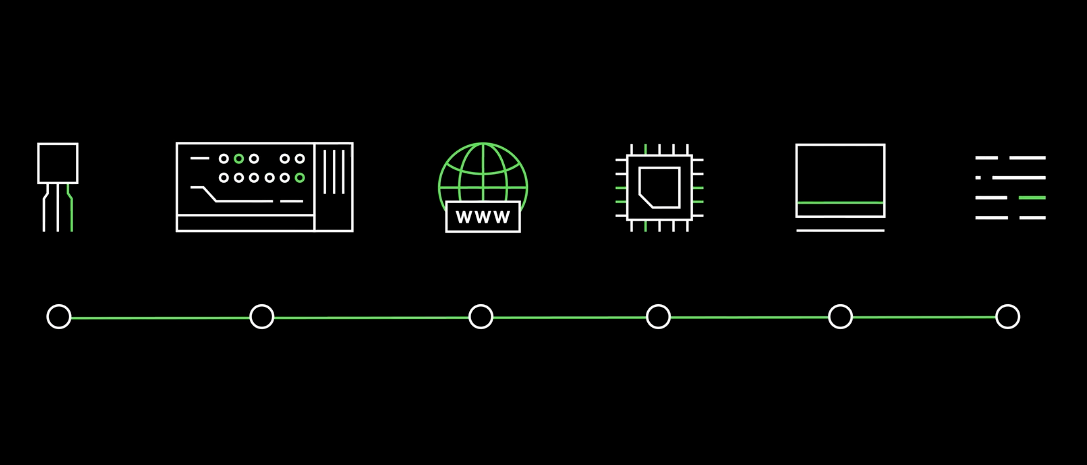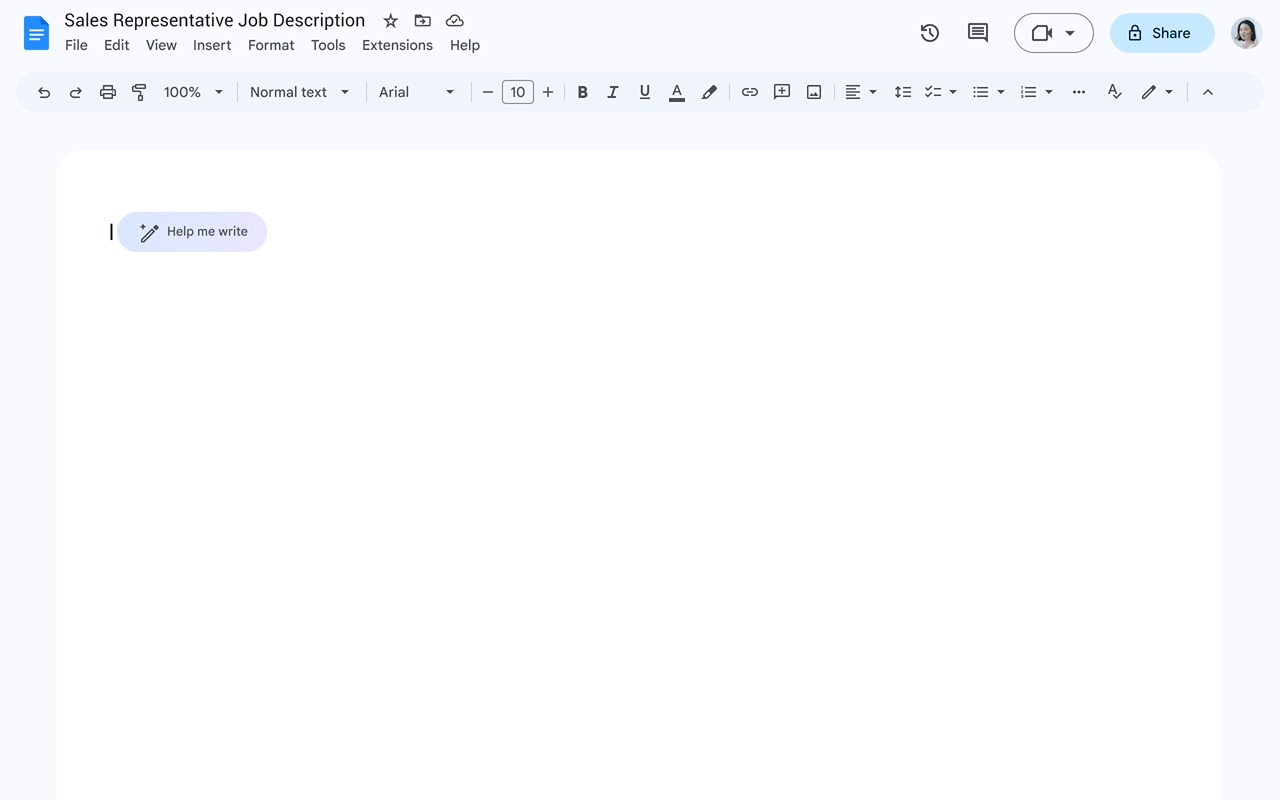GPT-4 Arrives, Google AIs Workspace, Meta Seeks Old Magic

ChatGPT-4 Est Arrivé
Yesterday OpenAI released ChatGPT-4, which represents a leap ahead compared to version 3.5. It's multimodal, meaning it can understand and produce images and video as well as text (though not yet). It's more precise, offers more expertise and (theoretically) less prone to harmful outputs and hallucinations. It can generate up to 25K words of text (vs. 3K before). It's capable of "advanced reasoning." It will also outperform most humans on standardized tests. Yet OpenAI is also candid about GPT-4's limitations: it's "not fully reliable," it continues to lack knowledge of anything after 2021 – BingGPT uses search to supplement – and can still be abused (bias remains an issue.) One of the primary use cases mentioned is education. For example, Duolingo has integrated ChatGPT-4 into a new, subscription-based conversational language tutor. And Microsoft said that GPT-4 is already running in the new Bing, although BingGPT isn't as interesting as ChatGPT proper.

Our take:
- It's clear that GPT-4 (and similar) are much broader than search; it's also clear AI tools/assistants will replace search for some tasks.
- Siri, Alexa and (the current) Google Assistant will be superseded by GPT-based assistants, unless they incorporate their capabilities.
- AI will impact every area of society – for good and for ill. We are typically bad at predicting technology's impacts. Welcome to the future.
Google's New AI Offensive
Google's previous Bard announcement was a false start. But yesterday the company made two related AI announcements. Google said it will be integrating AI capabilities into Workspace (Gmail, Docs, Slides, Sheets, Meet, and Chat) later this year, rolling out new capabilities, first to "trusted testers." Gmail and Docs will be the first to get these features, among them: AI email drafts and replies, AI-composed drafts in Docs, AI-generated images, audio and video in Slides, and more. For developers Google is introducing a PaLM API, which comes with MakerSuite, to help them build "generative-AI applications." Google describes the PaLM API as "a simple entry point for Google’s large language models." The company said its generative AI app builder will enable developers to build their own chat assistants and customized search engines. These APIs are intended to compete with OpenAI and Microsoft, to win developers' hearts and minds as we start to see the emergence of an AI ecosystem built on top of a few companies' large language models.

Our take:
- Every software tool, SaaS application and consumer-facing app will integrate AI in some form in the near term.
- Many of these tools will be incredibly useful and save time. They will also forever change digital marketing and content creation.
- Previously, the discussion of AI was mostly PR hype. Now it's real.
Meta Tries to Regain the Magic
In November Facebook laid off 11,000 people, following the lead of other tech companies and bowing to investor pressure. Its stock went up. Yesterday, CEO Mark Zuckerberg announced more layoffs: 10,000 employees and the elimination of 5,000 open positions. The stock went up again. This is all part of Zuckerberg's "year of efficiency." In his missive announcing the layoffs (I've seen the term "manifesto" used), he laid out principles for Facebook's renewal. Among them: a flatter and leaner organization that focuses on technology and is engineering driven. He also reiterated that Facebook can grow revenue in the short term while investing for the long term. He mentions but doesn't heavily emphasize the metaverse. Instead he says, "Our single largest investment is in advancing AI and building it into every one of our products." The scariest line is this: "Meta is building the future of human connection." Yuck.

Our take:
- This post continues to indicate Meta's tone-deafness and/or willful blindness to the myriad problems it has caused.
- I asked ChatGPT whether Facebook could "come back." Its suggestions were thoughtful: address privacy concerns, combat misinformation, improve the UX, build niche communities and be more socially responsible.
- Microsoft is an example of a company that has completely rehabilitated its image and culture with a new, more enlightened CEO. Facebook also needs a leadership change.
Recent Analysis
- Near Memo episode 104: Google LSAs' new categories, ChatGPT changing local SaaS, Everyone needs an AI ethics disclosure.
Short Takes
- Google announced a new core algorithm update.
- Bing to move chat answers to top of SERP, a la Neeva.
- How to reconcile E-E-A-T with AI generated content.
- TikTok, AirBnB, YouTube, Uber: what's behind popular algorithms?
- Mozilla brings cookie protection to Firefox for Android.
- Traditional brands adopting a DTC model for more control, margins.
- Apple offers live-video assisted online shopping to support the iPhone.
- Apple Watch data shows most of us aren't getting enough sleep.
- Apple's XR headset coming soon, over design teams' objections.
- Republicans in Congress not interested in antitrust reform.
- Waze displaying crowdsourced EV charging station locations.
- Will Anthropic's Claude prove to be better than ChatGPT?
- Facial recognition increasingly being used at sports stadiums.
Listen to our latest podcast.

How can we make this better? Email us with suggestions and recommendations.

